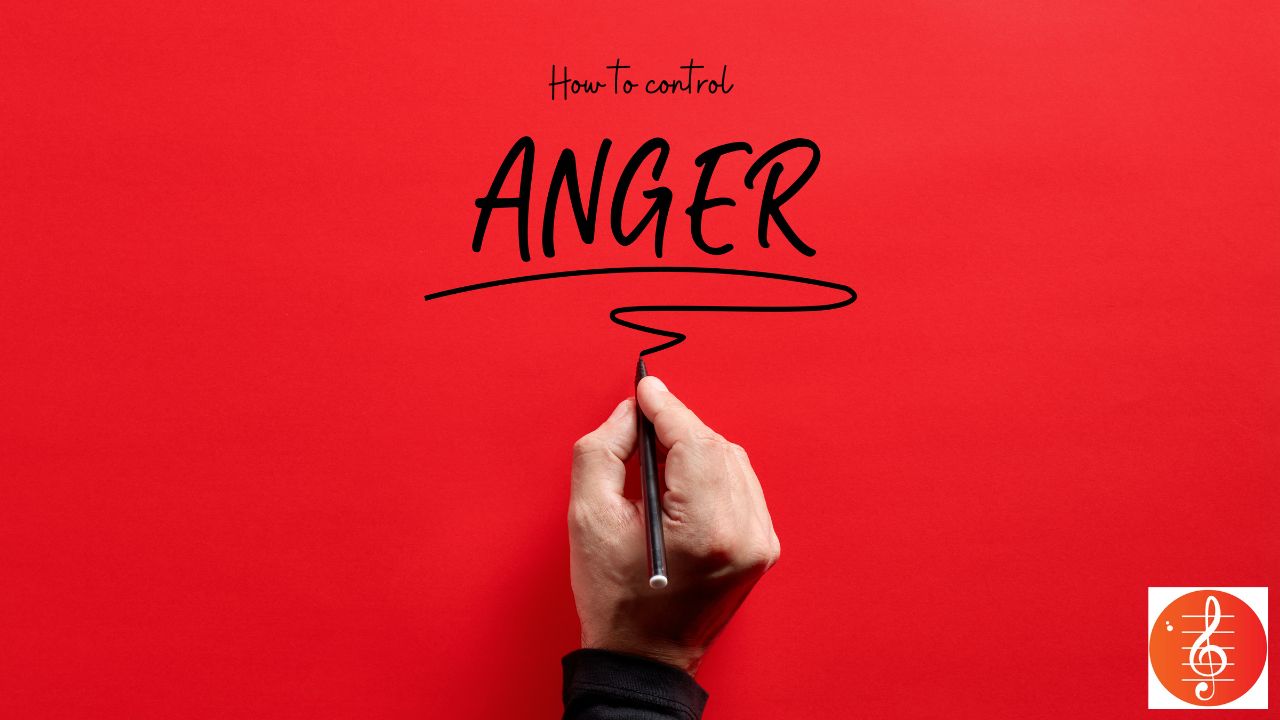How to control Anger
How to control Anger: Anger is an intense emotion that is often characterized by feelings of frustration, annoyance, and/or hostility. It is a normal and natural response to certain stimuli, such as perceived threats or injustices. Anger can motivate individuals to take action and address problems, but if not managed effectively, it can also lead to negative outcomes such as conflict, aggression, and harm to one’s physical and mental health.
Anger is experienced differently by each person, but common physical sensations associated with anger include a fast heartbeat, tightness in the chest, and tense muscles. Cognitively, anger is often accompanied by thoughts of frustration, annoyance, and a desire for justice or revenge.
It is important to recognize that anger is a normal and healthy emotion, but it is also important to learn how to manage it in a way that does not lead to negative consequences. This often involves developing effective coping strategies, such as deep breathing and relaxation techniques, as well as learning healthy ways to communicate and express one’s feelings.
Consequences of uncontrolled anger
Anger can have a significant negative impact on both individuals and their relationships with others. Some of the potential consequences of uncontrolled anger include:
- Strained relationships: Anger can lead to arguments and conflicts with others, damaging personal and professional relationships.
- Physical health problems: Chronic anger and stress have been linked to a variety of health problems, including high blood pressure, heart disease, and digestive problems.
- Mental health issues: Chronic anger can also contribute to mental health problems, such as anxiety and depression.
- Difficulty at work: Outbursts of anger can create a hostile work environment, leading to decreased job satisfaction and potentially even job loss.
- Legal problems: Extreme forms of anger, such as road rage or physical altercations, can result in legal consequences.
- Decreased quality of life: Chronic anger can impact one’s overall happiness and well-being, leading to a decreased sense of satisfaction and fulfillment in life.
How to control Anger | Anger Management Techniques
It’s important to manage anger effectively in order to avoid these negative consequences. This may involve practicing relaxation techniques, seeking support from friends, family, or a mental health professional, and finding healthier ways to express and manage feelings of anger.
Here are some tips to help control anger:
- Practice relaxation techniques, such as deep breathing, meditation, or yoga, to calm yourself down.
- Practice mindfulness and focus on the present moment.
- Exercise regularly to release built-up tension and stress.
- Identify and challenge the thoughts that are causing you to feel angry.
- Find healthier ways to express your feelings and communicate your needs effectively.
- Try to view situations from other perspectives to gain a better understanding of what is causing the anger.
- Practice forgiveness and let go of grudges and resentments that may be fueling your anger.
- Develop coping strategies, such as counting to 10 before responding or taking a break from the situation that is causing you to feel angry.
- Seek help from a mental health professional, such as a therapist or psychologist, who can help you identify the underlying causes of your anger and develop coping strategies.



![Dharma Yuddam [1979] Tamil Movie Songs Lyrics](https://lyricsraaga.com/wp-content/uploads/2022/05/Dharma-Yuddam-1979-Tamil-Movie-Songs-Lyrics-200x125.jpg)
